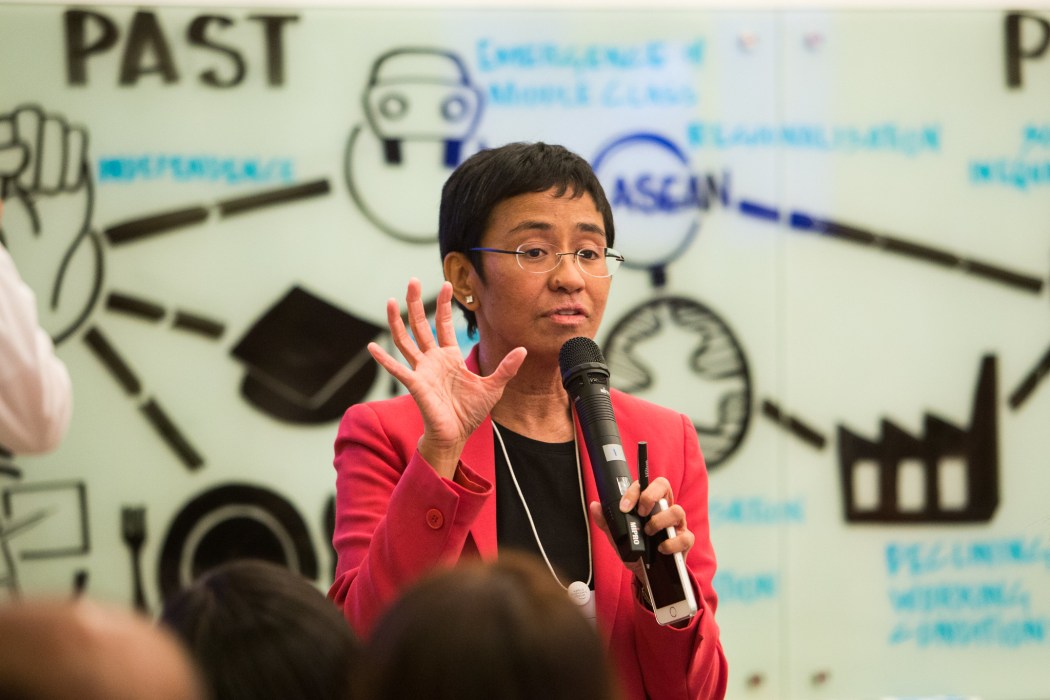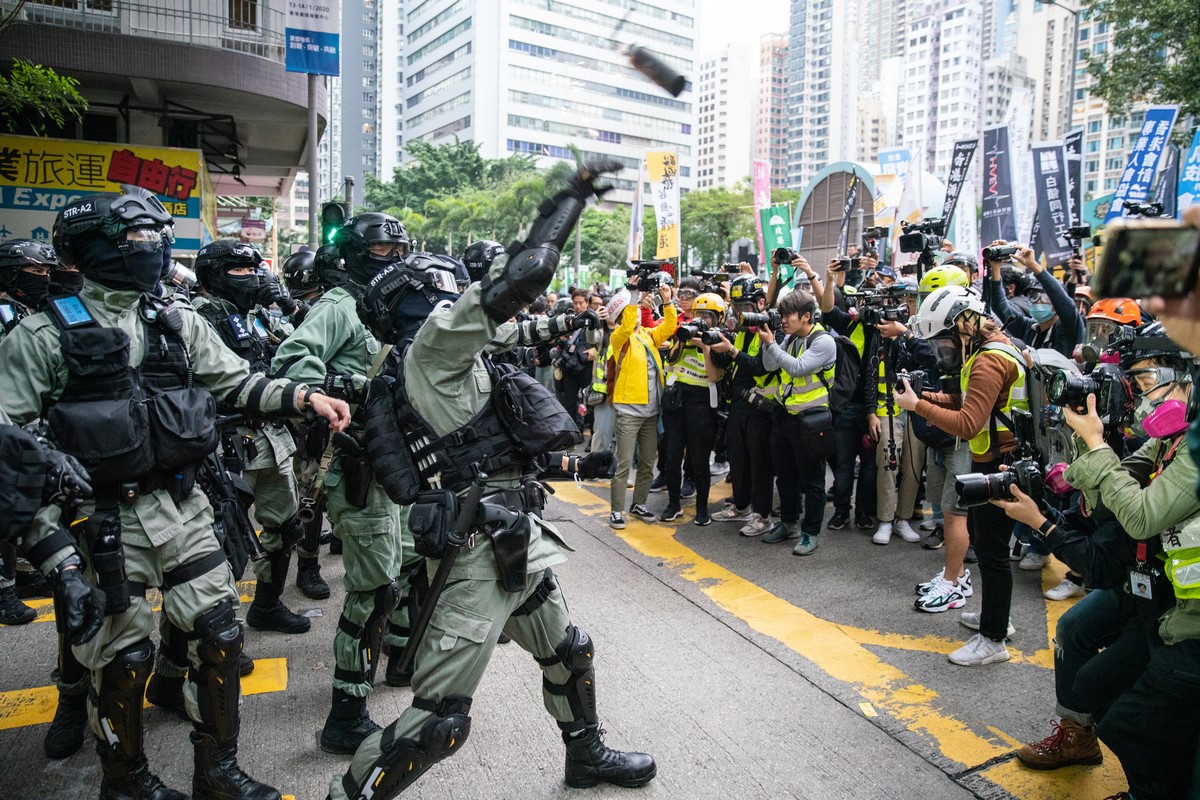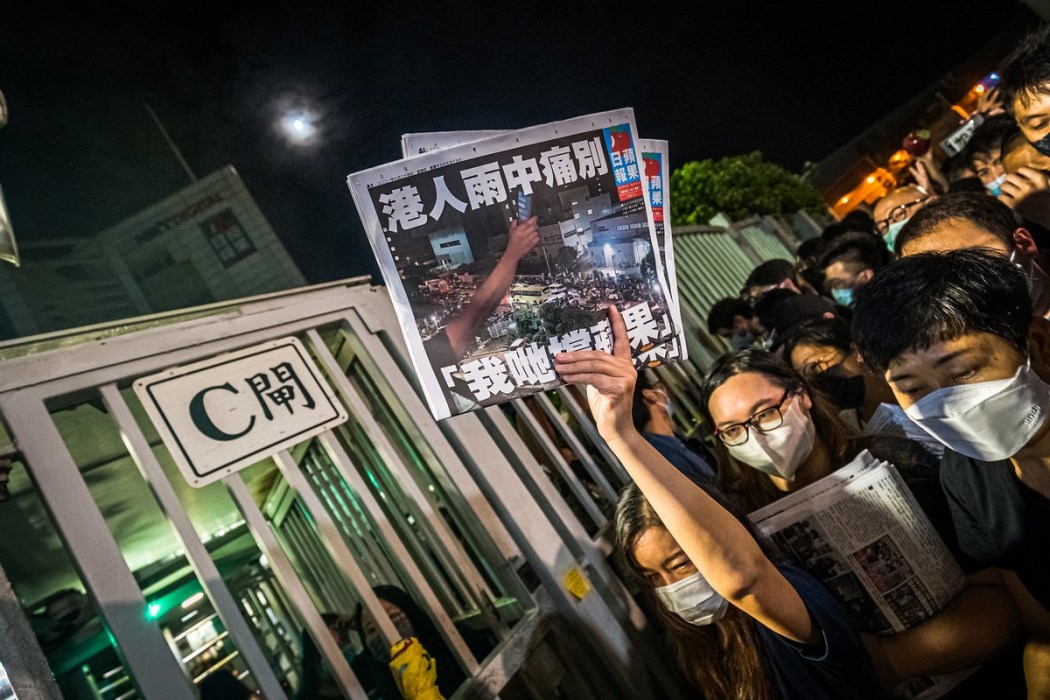The world has changed a lot in the last 10 years but one thing remains the same – the sometimes deadly dangers that journalists face merely for doing their jobs.

The Global Impunity Index for 2021 was released by the Committee to Protect Journalists (CPJ) on October 28th. It found that no one was held accountable in 81 per cent of murders of journalists during the past decade. The data covered September 1, 2011, through August 21, 2021 and counts 278 journalists murdered – with someone held responsible in only 52 cases.
The numbers are marginally better than last year’s report covering 2010 through 2020, which found that 83 per cent of such cases went unpunished. The 2014 report The Road to Justice, which covered 2004 through 2013, counted 370 journalists murdered during that 10-year period, and in only 28 cases was someone held responsible.
All twelve of the countries on the list this year have made the overall list multiple times since the Committee to Protect Journalists first began compiling the impunity data in 2008. And seven have appeared on it every year since then.

Somalia tops the latest list with 25 unsolved murders, followed by Syria and Iraq in second and third respectively and followed in order by South Sudan, Afghanistan, Mexico, the Philippines, Brazil, Pakistan, Russia, Bangladesh and India.
The Index calculates the number of unsolved journalist murders as a percentage of each country’s population. This means that even if a country has had more unsolved murders on record, if the population is larger it will rank lower on the scale. For example, South Sudan has five unsolved murders of journalists in a population of 11.2 million and ranks fourth on the list, while Pakistan which has 12 unsolved murders in a population of 220.9 million ranks ninth.
The list only includes countries with five or more unsolved murders of journalists, defined by the CPJ as “a deliberate killing of a specific journalist in retaliation for the victim’s work.” So, journalists who are killed on dangerous assignments or in combat are not included in the totals. And cases are considered unsolved when there has been no conviction, regardless of whether someone has been accused or arrested for the murder.
It also excludes cases where partial justice has been achieved, such where more than one person was involved but only one has been convicted.
Since it started keeping records in 1992, the CPJ has counted 911 journalists murdered for their work. The overall number continues to rise. Reporters Without Borders (RSF) reports that there have been 39 journalists killed so far this year, following a total of 54 in 2020.

Five more names were added to the 2021 list in October: Raman Kashyap (India, October 3), Fredy Lopez Arevalo (Mexico, October 19), Shahid Zehri (Pakistan, October 10th), Ahmad Bou Saleh (Yemen, October 10) and Tareq Mustafa (Yemen, October 10).
Journalists also continue to face a myriad of other risks. According to RSF, as of this writing, 447 journalists are imprisoned. Just since the start of October, CPJ has recorded journalists detained, arrested, charged, or sentenced to prison in Afghanistan, Belarus, Cambodia, Ethiopia, Finland, Gaza, Guatemala, Iran, Indian-administered Kashmir, Nigeria, Rwanda, Russia, Sudan, Tanzania, Tunisia, Venezuela, Vietnam, and Yemen.
In mid-October, in Myanmar, the military junta released over 5,600 prisoners who had been arrested for taking part in anti-coup protests. Among them were 15 journalists, but an estimated 31 remain behind bars, according to Reporting Asean.
Among them is American Danny Fenster, the managing editor of independent news outlet Frontier Myanmar. Fenster has been in prison since he was arrested on May 24th. Like many other journalists in Myanmar, he has been charged under section 505 (a) of the penal code, which makes it a crime to spread what the government see as “fake news.” He has now also been charged with violating section 17 (1) of the Unlawful Associations Act, which makes it a crime to contact, be a member of, or assist groups that have been declared illegal.
No reason has been given for why Fenster was charged under this law, but it has historically been used to target journalists, ethnic minorities and activists.

The number of verbal threats, harassment, and instances of physical assault against journalists is also on the rise. Just in the United States, the US Press Freedom Tracker counts 135 instances of journalists being physically attacked in the United States this year, and 35 cases of equipment being damaged.
They include a reporter assaulted while covering the governor’s race in Virginia, a freelance videographer whose equipment was damaged covering an anti-vaccine rally in Los Angeles, a journalist who was chased and assaulted by a group of Proud Boys during a protest in Olympia, Washington, and another who was shoved to the ground and punched in the face while covering an anti-mask demonstration in Traverse City, Michigan.
The government of Bangladesh has begun harassing journalists who cover the country from abroad. They use pressure on family members, judicial moves, and in one case even violence. Tasneem Khalil, the editor of Netra News which is an investigative news site, fled to Sweden after being tortured by security forces in 2007. The courts have authorised the seizing of any property that he still has in Bangladesh under the country’s Digital Security Act. He is a political refugee in Sweden, which has allowed him to continue his reporting.

The sister of Kanak Sarwar, who is based in the United States and runs Kanak Sarwar News, was arrested in Dhaka with her three children in early October. While the three children have been released, Sarwar’s sister, Shahrin Raka, is still being held on charges of “propaganda against Bangladesh” under the Digital Security Act for supporting Sarwar’s reporting.
Finally, Farid Alam, an American journalist of Bangladeshi heritage who works for the US news channel News Communication Network, was surrounded and beaten, while an attempt was made to steal his wallet, phone and personal effects, at a press conference held by the New York branch of Bangladesh’s ruling Awami League in late September. His crime was to ask a question about the large size of the Bangladesh government delegation, considering the Covid-19 pandemic. Since the attack Alam has received numerous threats from Awami League supporters.
Not all the attacks on press freedom and free speech involve the direct suppression of journalists. Russia has begun building its own version of The Great Firewall, as government technicians have installed equipment on the computer systems of companies that provide internet and telecommunication services, according to the New York Times. Begun in 2019, the system allows the government to slow or stop internet access, block websites at the government’s whim, and censor posts by blacking them out – outside of the control of the service providers.
Iran’s parliament is moving to pass its own internet bill called the Cyberspace Users Rights Protection and Regulation of Key Online Services Bill. A draft reviewed by CPJ would allow the government to block websites run by foreign companies that do not have a local representative in Iran. This would especially damage US-based companies since US-backed sanctions against Iran prevent companies from appointing a local representative. It would also require people to register their ID to access the internet, thereby allowing for the tracking of users.

China meanwhile is looking to ban private investment in its news industry. A draft of the “2021 Negative List of Market Access” released by the National Development and Reform Commission says private money cannot be invested in the establishment or operation of news organisations. That includes news agencies, newspapers, publishers, radio and television broadcasters and online news outlets. It bans the use of non-public money from funding ““broadcasts relating to politics, economics, the military, diplomacy, society, culture, technology, health, education, sports and other activities or events relating to governance.” While the bill is just a draft at the moment, the finalised list is expected to be released in late November or December.
With less than two months left in the year, crackdowns on journalists, on freedom of the press and on free speech are continuing apace. In ten years’ time, when the Global Impunity Index for 2031 is published, will this year be found to have marked the start of an improvement or a further deterioration of rights?
Support HKFP | Policies & Ethics | Error/typo? | Contact Us | Newsletter | Transparency & Annual Report | Apps
| HKFP is an impartial platform & does not necessarily share the views of opinion writers or advertisers. HKFP presents a diversity of views & regularly invites figures across the political spectrum to write for us. Press freedom is guaranteed under the Basic Law, security law, Bill of Rights and Chinese constitution. Opinion pieces aim to point out errors or defects in the government, law or policies, or aim to suggest ideas or alterations via legal means without an intention of hatred, discontent or hostility against the authorities or other communities. |
Help safeguard press freedom & keep HKFP free for all readers by supporting our team

More HKFP OPINION:
HKFP has an impartial stance, transparent funding, and balanced coverage guided by an Ethics Code and Corrections Policy.
Support press freedom & help us surpass 1,000 monthly Patrons: 100% independent, governed by an ethics code & not-for-profit.










